STI Screening
Not all STIs are symptomatic, but all should be treated. That’s why sexual health check-ups and STI screening are a good idea and nothing to feel ashamed about.
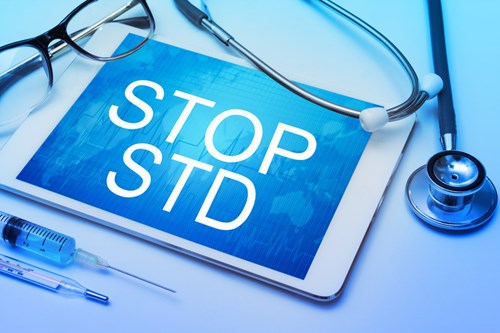
Not all STIs are symptomatic, but all should be treated. That’s why sexual health check-ups and STI screening are a good idea and nothing to feel ashamed about.
I’m worried about sexually transmitted infections
Once you start having sex, change partners or start a new relationship, you should consider regular sexual health check-ups.
If you have any symptoms or worries about your sexual health then book a sexually transmitted infection (STI) screening straight away. Some STIs show no visible symptoms, so you won't always know if you need a check up but, if left untreated, they may cause long-term problems like infertility.
There is no single test to detect all STIs. After discussing your sexual history and symptoms with your doctor, the appropriate tests will be chosen, and may include a urine test, a swab, a blood test, or a simple physical examination.
What happens when I get my STI test results?
If you test positive for an STI, your doctor will plan your treatment, which can range from antibiotics to creams to antiviral drugs. You will also need to tell your sexual partners so they can
be tested too.
If you test negative, we advise that you protect yourself and future partners by practising safe sex, and by having regular STI screenings.
What about HIV?
In addition, if you are a man who has sex with men (MSM), you may want to consider taking a daily Pre Exposure Prophylaxis (PrEP) to protect you against HIV. Dr Michael Flynn at Village Medical, Clondalkin, is a passionate advocate for PreP.
Practices that also provide STI Screening
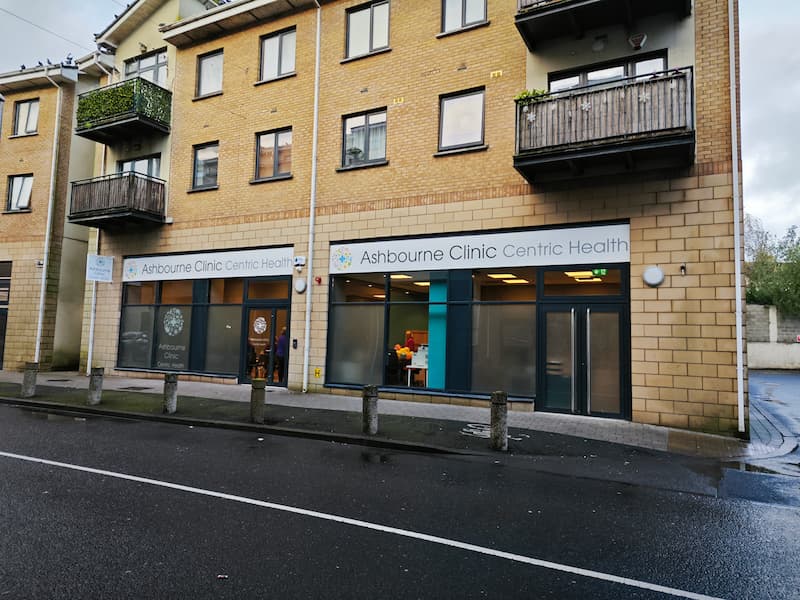
Ashbourne Clinic
62 Declan’s Street, Killegland Walk, Ashbourne, A84EP40

Ashford Clinic
Unit 1 Mount Usher Court , Ashford Co Wicklow

Ballyowen Medical
Ballyowen Lane, Lucan, Co Dublin

Blackrock Medical
Frascati Centre, Blackrock, Co Dublin, A94 H6V9

Blessington Medical
McGreals Primary Care Centre, Blessington Business Park, Blessington, Co. Wicklow

Boroimhe Medical
Forrest Road, Swords, Co. Dublin

Bryanstown Medical
Dublin Road, Martello Village, Drogheda, Co Louth

Carlow Medical
Shamrock Plaza, Green Lane, Carlow, Co Carlow

Castleknock Village Medical
The Square, Castleknock, D15 P3VX

Churchtown Medical
96 -98 Churchtown Road Upper, Churchtown, Co. Dublin, D14 EW68
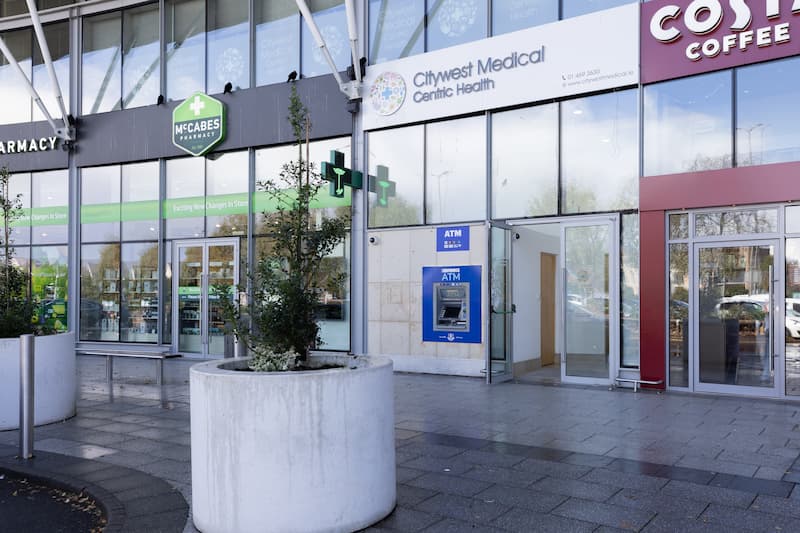
Citywest Medical
Unit 5, Citywest Shopping Centre, Citywest, Dublin 24 D24KOYT

Clifton Court Medical
Clifton Court, Fitzwilliam Street Lower, Dublin 2, D02 V279

Corbally Medical
Corbally Medical , Corbally Rd, Limerick, V94 WFX9

Cottage Surgery
New Rd, Bailieborough, Co. Cavan, A82 D2XO

Donaghmede Medical
Donaghmede Shopping Centre, Grange Road, Dublin 13

Doonmoon Medical
Doonmoon Medical Centre, St Nessan's Road, Dooradoyle, Limerick V94 FCD1
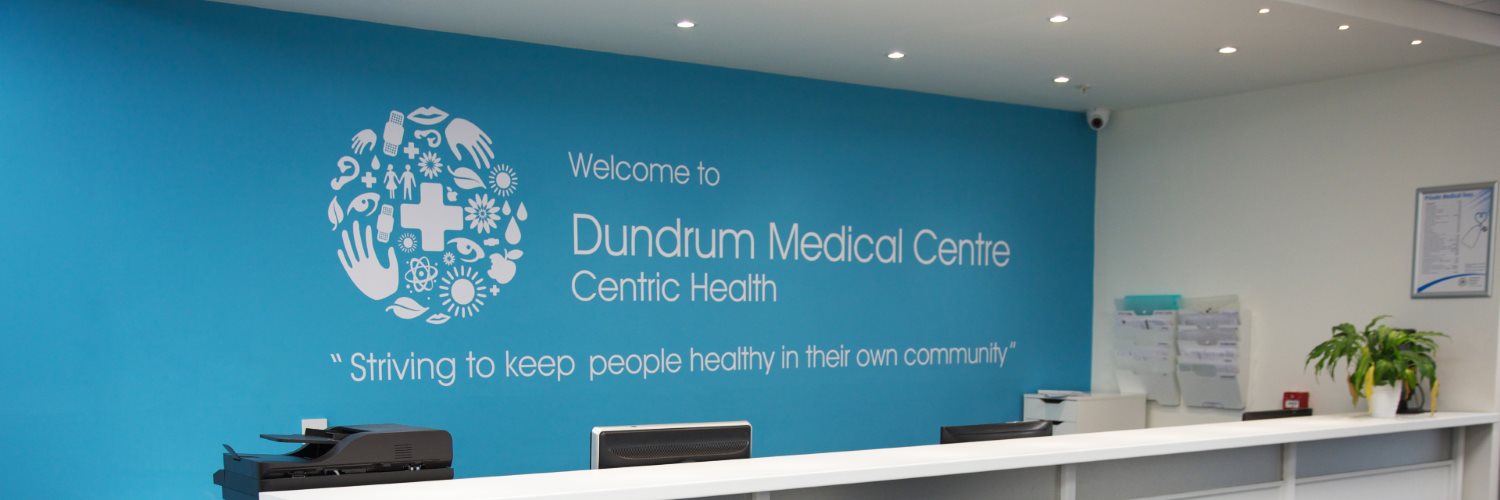
Dundrum Medical
Dundrum Medical Centre, Level 4, Dundrum Town Centre, Sandyford Road, Dundrum, Dublin 16, D16 XC91

Ennis Medical
Francis Street, Ennis, Co Clare V95 KC3H,

Ennis Road Medical
Ennis Road, Limerick

Fairgate Medical
No.6 Lower Ground Floor, Boyne Shopping Centre, Drogheda. A92W990

Finglas Medical
45 - 47 Main Street, Finglas, Dublin 11

Glasnevin Family Practice
11 Finglas Rd, Harts Corner, Glasnevin, Dublin 11, D11PA00

Grafton Medical
Grafton Buildings, 34 Grafton Street, Dublin 2, D02 XY06

Headfort Family Practice
Primary Care Centre, Navan Road , Kells, Co. Meath, A82 H3C7
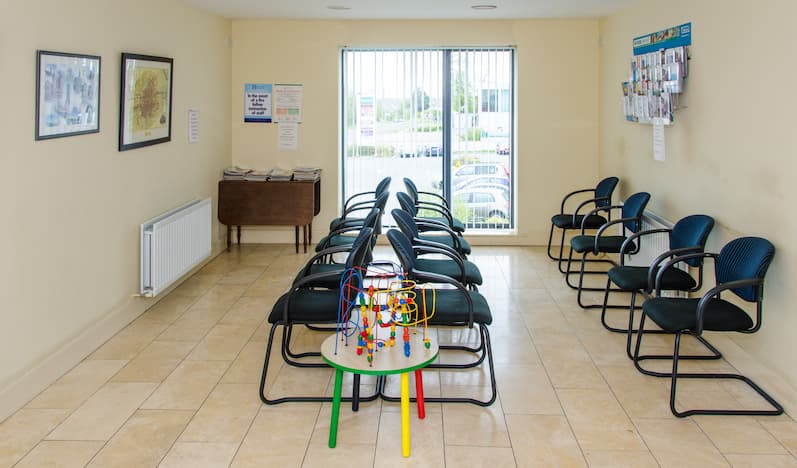
Hilltop Medical
Rathmullan Rd., Rathmullan, Drogheda, A92 KVP8, Co. Louth

Johnstown Medical
Johnstown Road, Dun Laoghaire, Co.Dublin , A96W248

Killarney GP
6B Scott St, East Avenue Road, Killarney, Co. Kerry.

Knocknacarra Medical
Clybaun Road, Knocknacarra, Galway, H91 TKF3

Manor Mills Medical
Manor Mills Shopping Centre, Mill Street, Maynooth, Co Kildare W23 V5X5

Maretimo Medical
The Promenade, Upper Salthill Road, Salthill, Co Galway, H91 EW68

Meadow Springs Medical
41a Meadow Springs, Clareview, Limerick, V94 RPA8

Medina Medical
Mill Road, Fermoy, Co.Cork, P61 NN79

Navan Road Medical
Primary Care Centre, Navan Road, Dublin 7, D07 K229

Newbridge Family Practice
Orchard House, Moorefield Road, Newbridge, Co. Kildare, W12Y884,
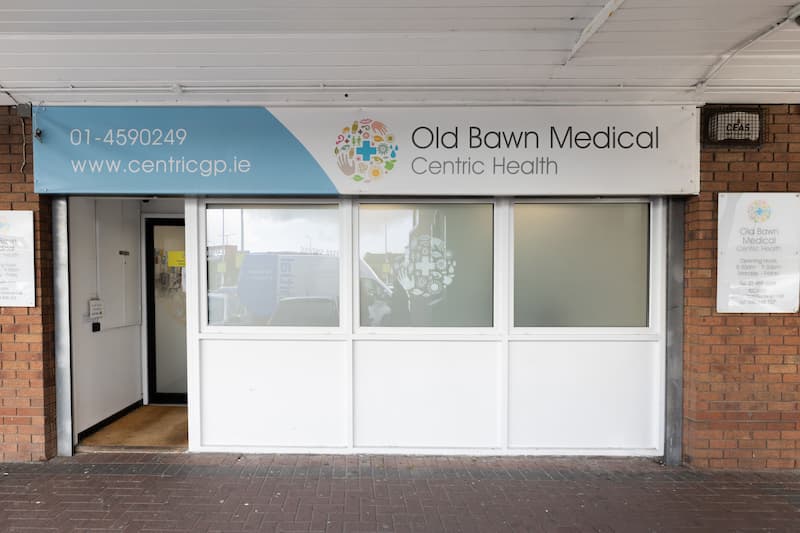
Old Bawn Medical
Unit 2-3 Old Bawn Shopping Centre, Tallaght, D24 HXW3,
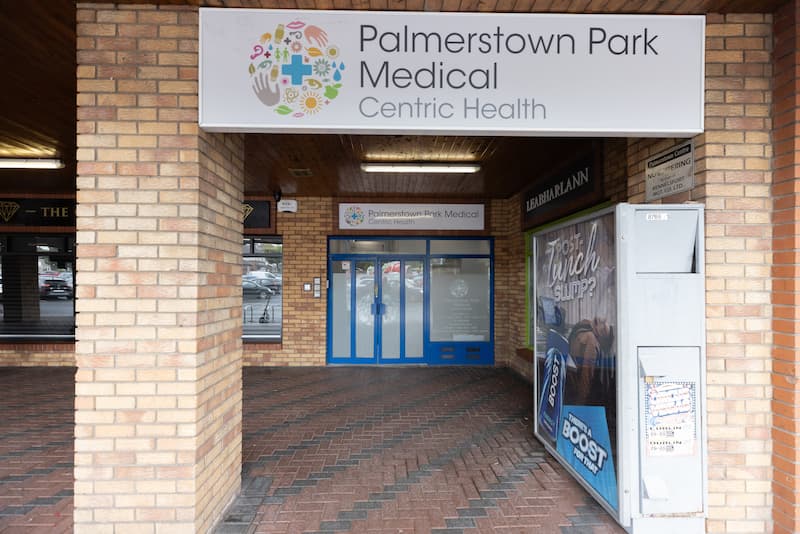
Palmerstown Park Medical
Palmerstown Park Medical, Unit 18 First floor Palmerstown Shopping Centre, Palmerstown Dublin 20, D20HP44

Raheny Medical
1st Floor, Hilltop Shopping Centre, Station Road, Raheny, Dublin 5, D05 F625

Ranelagh Medical
22-26 Sandford Rd, Ranelagh, Dublin 6, D06 KF84

Roshill Medical
Unit 11, Level 1, Briarhill Shopping Centre, Ballybrit, Galway H915W40

Salem Medical
Wicklow Primary Health Centre, Knockrobin, Co. Wicklow, A67 P762

Sandyford Medical
Unit C7, The Plaza, Beacon South Quarter, Sandyford, Dublin 18, D18 TY79

Sheehan Medical
Unit 301, 3rd Floor, Dun Laoghaire Shopping Centre, Marine Road, Dun Laoghaire, A96 DD74

St James’s Gate Medical
114 - 116 James's street, Dublin 8, D08KXN8

Sutton Medical
St. Margaret's, 1 Greenfield Road, , Sutton Dublin 13, D13 H9H6,

Tuskar Medical
St Martins Road, Rosslare Harbour, Wexford Y35 RX62

Terenure Medical
84A Terenure Road East, Terenure, Dublin 6, DA6 W5A2
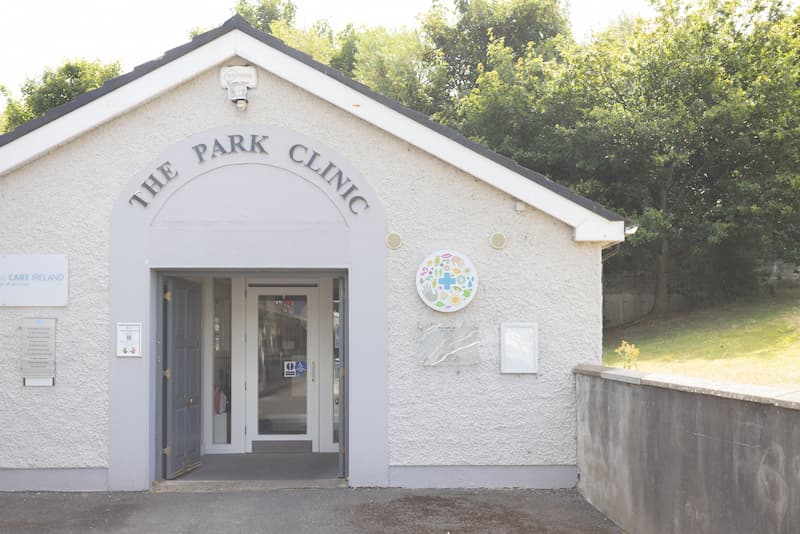
The Park Clinic
The Park, Cabinteely, Dublin 18, D18 C984

The Plaza Clinic
Main Street, Swords, Co Dublin

The Square Medical
1st Floor Elgee Building, Market Square, Dundalk, Co. Louth. A91 YR9X

Tobin Healthcare Centre
Spencer Street, Castlebar, Co Mayo, F23 WV78

Trim Medical
Trim Primary Care Centre, Longwood Road, Trim, C15 PHP1, Co. Meath

Village Medical Centre
Unit 6 Village Shopping Centre, Watery Lane, Clondalkin, D22V2H9